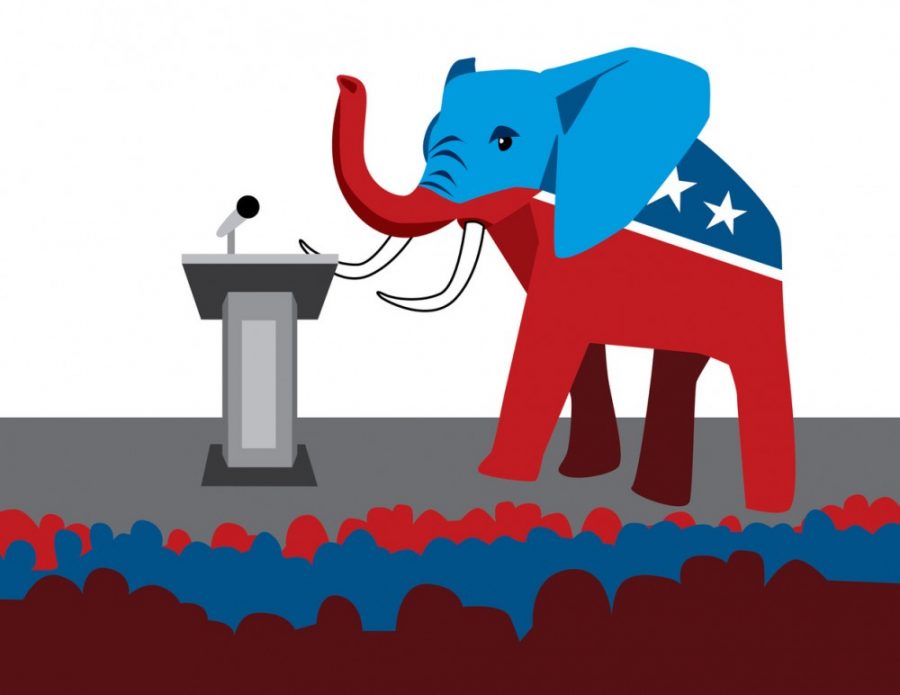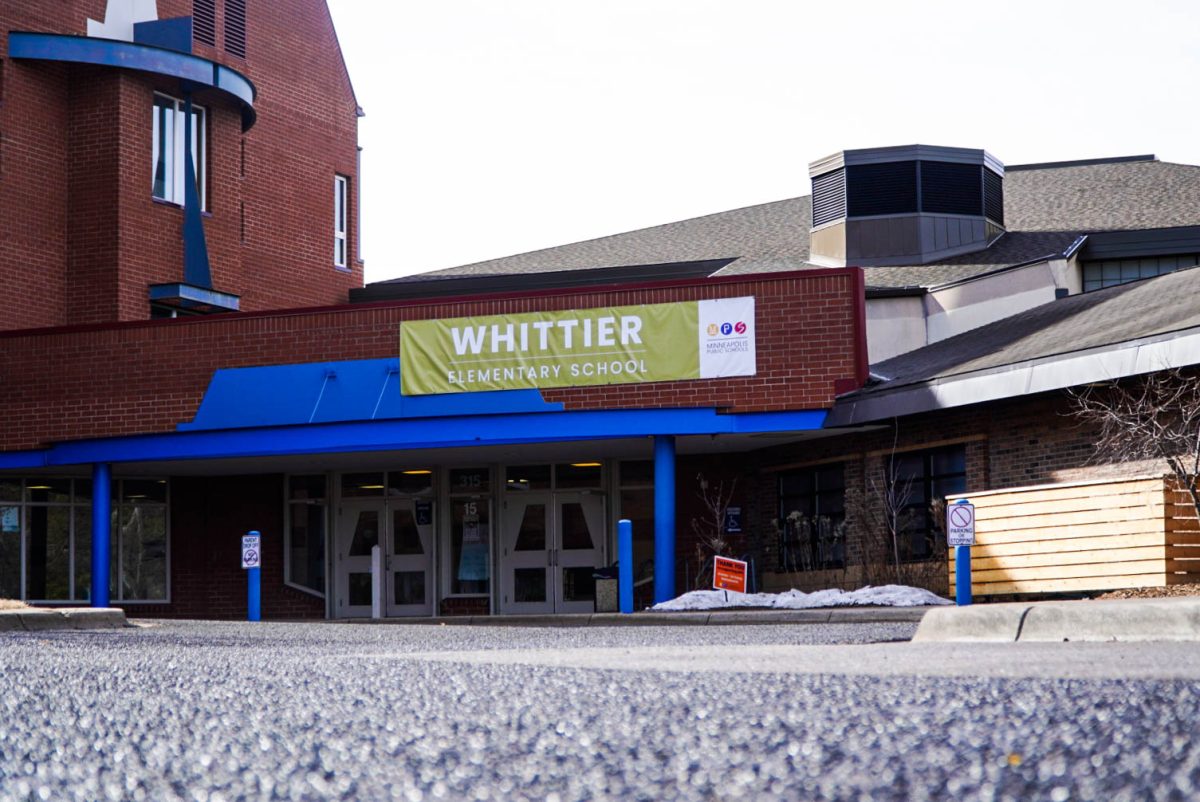As some Democratic presidential primary candidates are prescribing drastic higher education policy ideas, President Donald Trump sees pushing a workforce-oriented education system as the best way to “Keep America Great.”
While specific proposals are not outlined on his campaign website, in March, the White House detailed policy goals to better align education with the workforce needs of a modern economy, to reform student loans and to continue reducing the regulative reach of the government.
Trump, the presumptive Republican nominee for president, will ultimately face the Democratic candidate who survives a crowded primary race currently consisting of over 20 candidates, some of whom have proposed free college and forgiving all student debt.
Citing the large share of non-traditional students who may work full-time or have dependents, Trump’s policy proposals call for higher education institutions to be innovative and career-focused, accusing the current system of being “slow to adapt to the changing nature of work.”
University of Minnesota computer science major Sam Williams said while incentivizing career-focused education is reasonable and advertising to potential students interested in fields with labor shortages, such as computer science, is good, there are other education paths valuable to the economy.
The policy goals urge Congress to increase access for skill development by creating pilot programs geared toward educating a workforce more in tune with a modern economy.
Incoming junior student Taylor Rivera said while she doesn’t agree with Trump on much, she thinks career-oriented education “benefits everybody.”
The proposal tells Congress to expand Pell Grant eligibility to include shorter certificate or license programs in high demand fields, increasing access to these programs that are completed faster than traditional 2- and 4-year degrees.
Rather than extend Pell Grants, Nathan Harman, president of the University’s College Republicans, said in an email he would like to see these programs “wound down” because “the government doesn’t know what kind of return in the economy that [these grants are] going to make on this investment.”
Seeking to simplify loan repayment, the White House proposes capping all monthly payment plans at 12.5 percent of discretionary income and extending loan forgiveness programs after 180 months to all undergraduates, doing away with current forgiveness programs targeted solely at graduates who take a qualifying nonprofit or government job.
They also seek to put “common-sense” limits on Parent and Grad PLUS loans, something Rivera sees as a “double-edged sword.”
“You want people to have access to those loans because it might be the only way to pay for school long-term,” said Rivera, who has taken out Parent PLUS loans herself. “But I also think they can be really destructive … getting that to be refinanced to me and not be linked to my parents is virtually impossible right now.”
The proposal also compels Congress to reform the current Federal Work Study program, shifting from subsidized student employment as financial aid to highlighting more job-focused opportunities for low income students.
Last month, Secretary of Education Betsy DeVos unveiled proposed regulations aimed to limit some of the regulatory burden of accreditor oversight and streamline approval for distance education, which often comes in the form of online classes.
The proposed rules fall in line with broader Trump Administration goals to slash regulation across the board, and DeVos said in a statement they allow schools to “spend more time and effort on serving students and less time, energy and money focused on bureaucratic compliance.”
Last July, then-Attorney General Jeff Sessions rescinded several Obama-era guidance documents encouraging schools to bolster diversity through the admissions process, outlining legal ways to consider the race of applicants by using a holistic approach to admissions.
Harman said he would like to see restrictions placed on using affirmative action in the admissions process.
“Universities that aggressively use it to justify their admissions processes that use non-academic characteristics of [a] prospective student run the risk of mismatching otherwise very capable students with colleges that are still too rigorous for them,” Harman said in an email.
Harman said these kinds of admission practices pose ethical concerns as it treats some students as “mere helpless diversity tokens rather than equal human beings that have the potential to contribute new and challenging ideas to the social climate on campuses everywhere.”







